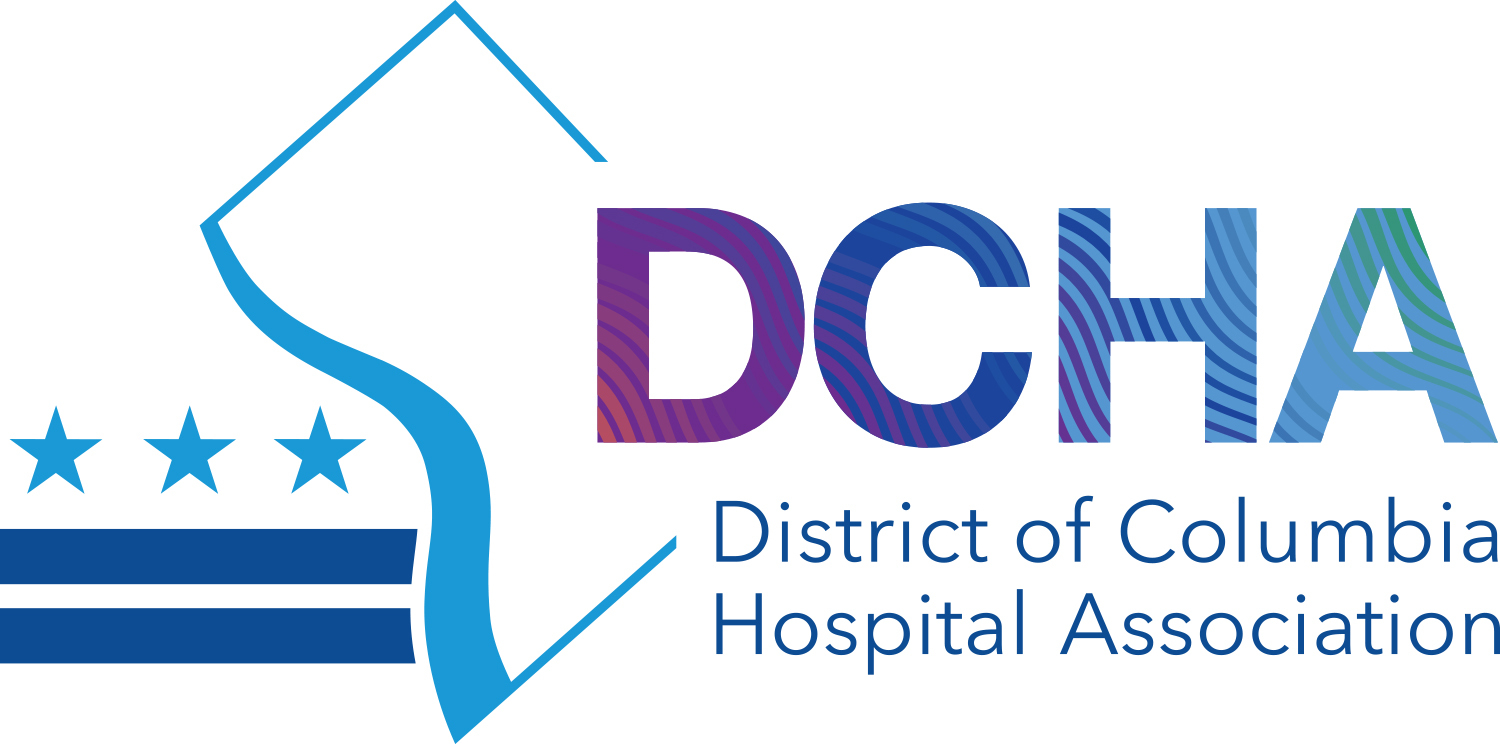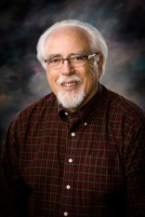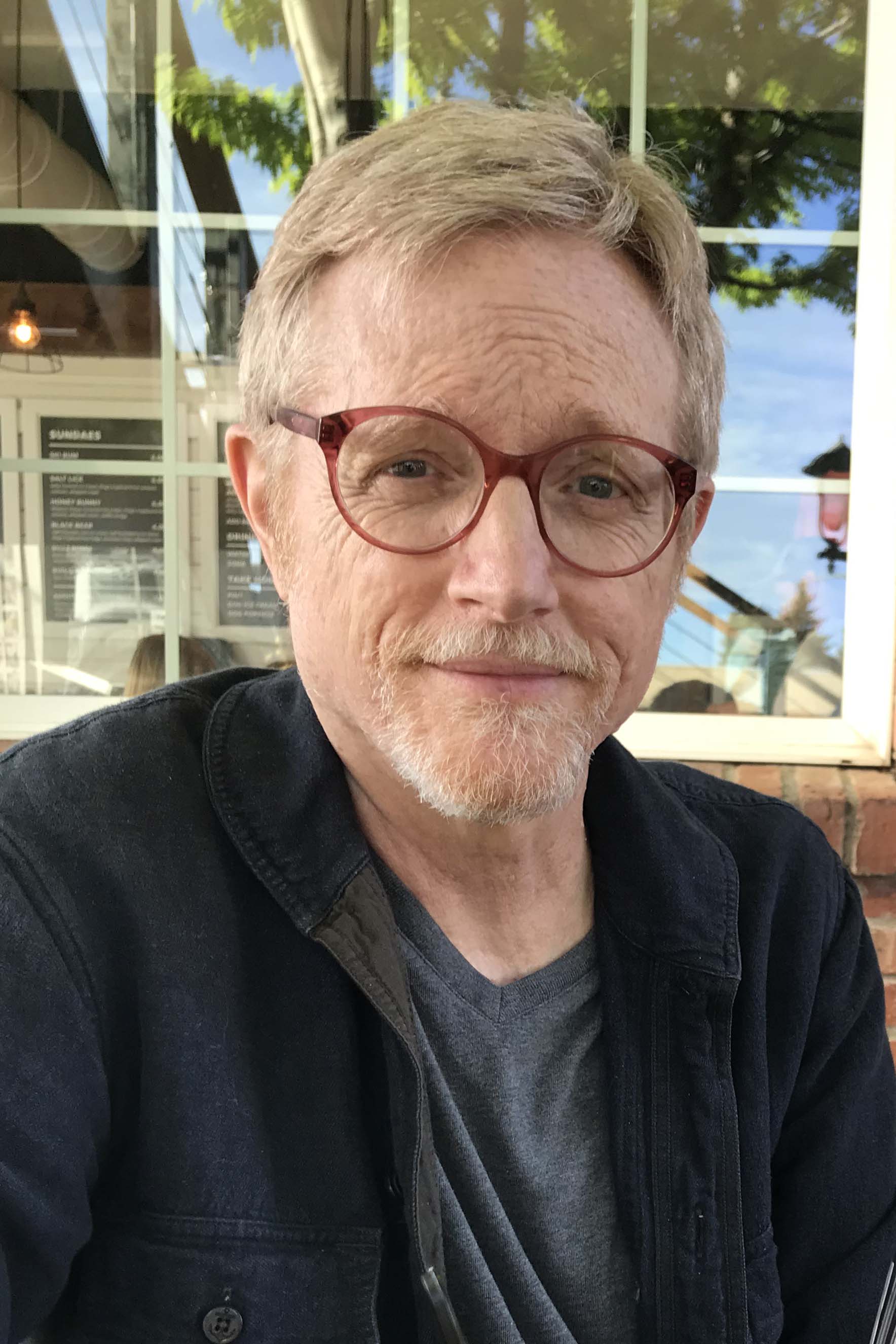
ASAM Fundamentals of Addiction Medicine Workshop - DCHA - September 23, 24 and 27, 2021
- Registration Closed


Host: District of Columbia Hospital Association
Thursday, September 23, 2021| 11:00am – 1:00pm ET
Friday, September 24, 2021| 11:00am – 2:00pm ET
Monday, September 27, 2021| 11:00am – 2:00pm ET
Virtual-Live Workshop
Overview
This 8-hour, virtual-live workshop is designed for providers new to the field of addiction medicine in settings such as primary care, emergency care, and behavioral health, who see patients at risk for or with substance use disorders (SUDs).
The ASAM Fundamentals of Addiction Medicine is an innovative, case-based workshop provides education and tools to learn more about addiction medicine and how to screen, diagnose, treat, and/or refer patients with addiction. This live virtual workshop is designed to be energetic and interactive. Sessions throughout the series will include lecture, demonstration of skills and skill building.
Addiction is a disease that continues to devastate our communities, but there are treatments available to help patients. Participants of this workshop will learn more about addiction medicine and how to screen, diagnose, treat, and/or refer patients with addiction – many of whom are already being seen for commonly occurring medical and psychiatric comorbidities.
The target audience for this introductory level activity include: Physicians, Nurse Practitioners/Nurses, Physician Assistants, Counselors, and Other healthcare providers.
This activity addresses the following ACGME Competencies: Patient Care and Procedural Skills, Practice-based Learning and Improvement, Interpersonal and Communication Skills, Professionalism, and Systems-based Practice.
Learning Objectives
Upon completion, learners will be able to:
- Identify your own feelings and attitudes that promote or prevent therapeutic responses to patients with substance use disorders
- Explain what occurs in the brain of a person with substance use disorder in terms of the brain's neurobiology
- Use validated patient screening tools to detect substance use and interpret a spectrum of results
- Use motivational interviewing to enhance patients' readiness to change risky behaviors
- Offer the interventions that are appropriate to specific substances and severity of usage patterns
- Respond to hazardous drinking with brief counseling strategies appropriate to the patient's readiness to change
- For patients suspected of having a SUD, conduct a biopsychosocial assessment to provide a diagnosis and match the patient to an appropriate level of care
- Prescribe pharmacotherapy appropriately for alcohol, tobacco, and opioid use disorders
Registration Rates
| ASAM Learner Type | Rate |
| ASAM Member | $0 |
| Non-Member | $0 |
| Associate Member | $0 |
| Resident Member* | $0 |
| Student Member* | $0 |
*Residents, Fellows-in-training, Interns, and Students must join ASAM to receive a discounted registration rate. Click here to become an ASAM member. National and Chapter membership dues apply. There is no charge for Students to become a Member, but verification of student status is required.
Membership Question? Call ASAM at 1.301.656.3920, email us, or view the ASAM website for more information.
Refunds & Cancellations
All ASAM e-Learning Center refund requests must be made in writing to Education@ASAM.org within 90 days of purchase. Those requesting refunds for courses that are in progress will receive partial refunds or e-Learning Center credit. Automatic full refunds will be made for any course with a live-course component that has been cancelled.
Registration Deadline: 9/27/2021
Workshop Instructions
- Click on the Contents tab to attend virtual-live workshop.
- Click Complete Post Test to answer multiple choice questions. Participants will have 10 attempts to pass and must answer 17 out of 24 questions correctly.
- Click Complete Evaluation to provide valuable activity feedback. Scroll down on all questions as there may be answer options that expand past the size of the window.
- Click Complete Evaluation - Presenters to provide valuable presenter feedback. Scroll down on all questions as there may be answer options that expand past the size of the window.
- Click the button Claim Medical Credits in the box titled Claim Credits & Certificate. Choose the type of credit and click submit. Click the button View/Print Certificate to save or print your certificate. You can view/print your certificate at any time by visiting the ASAM e-Learning Center, clicking Dashboard, and clicking Transcript/Achievements.
Need Assistance?
For assistance logging in, accessing activities, claiming credit, or for other questions or concerns, please check the FAQ page or e-mail Education@ASAM.org
ASAM is proud to offer eSSENTIAL Accessibility to ensure our website is accessible and functional for all our learners while providing free assistive technology for people with the widest possible range of abilities.

Daniel A. Nauts
MD, FASAM
Daniel A. Nauts, MD, FASAM completed his undergraduate and medical education at the University of Michigan and joined an internal medicine group practice in Bellingham, Washington. He left general internal medicine to develop his Addiction Medicine practice; since that time, he has been instrumental in the creation of 3 inpatient programs for those suffering with substance use and co-occurring disorders, outpatient SUD programs, and medication assisted treatment services.
Dr. Nauts is an independent contractor for the Montana Primary Care Association providing MAT waiver trainings and technical assistance, community forums on opioid use disorders, academic detailing activities for MAT providers, and helping in strategies to taper patients off high dose morphine equivalents. Not only is he committed to integrating addiction medicine into primary care but also in promoting the development of more addiction medicine specialists in Montana.
He is active in the American Society of Addiction Medicine (ASAM), delivers a myriad of presentations for any professional or public audience, has participated in addressing physician and nurse health issues through Professional Assistance Programs, and has provided Addiction Medicine experiences for residents of the Western Montana Family Practice Program and PA students from the University of Washington Medex Program.
He is a member of the Drug Utilization Board of Mountain Pacific Quality Health providing oversight to the Medicaid formulary, is recognized as a Fellow of the American Society of Addiction Medicine (FASAM), and is certified in the subspecialty of Addiction Medicine by the American Board of Preventive Medicine. He is the treasurer for the Northwest Society of Addiction Medicine, a Chapter of American Society of Addiction Medicine (ASAM) representing Montana, North Dakota, and Wyoming and is a faculty member of ASAM to provide Data 2000 MAT waiver trainings and The Fundamentals of Addiction Medicine.
Dr. Nauts is the 2019 recipient of the Award of Merit presented by the Montana Medical Association honoring the work he has done to improve healthcare in Montana.
No relevant financial disclosures.

Robert Sherrick
MD, FASAM
Dr. Robert Sherrick, MD, FASAM, is Chief Medical Officer for Community Medical Services, a company that serves patients through its 30 Opioid Treatment Programs in 8 different states. Dr. Sherrick completed medical training and residency in Internal Medicine at George Washington University. After 5 years on the faculty at George Washington,he moved to Montana to join a private practice in Internal Medicine. Since 1994, Dr. Sherrick has worked at an inpatient addiction treatment facility, Pathways, where he has treated all forms of Substance Use Disorders and has served as the CD Medical Director. Dr. Sherrick has been providing Medication Assisted Treatment for Opioid Use Disorder since 2003, initially in an office setting using buprenorphine and naltrexone. In 2009, Dr. Sherrick closed his private practice and moved to VA Montana. Over the next 7 years at VA Montana he developed a state-wide MAT program that was one of the first uses of telemedicine for providing MAT to rural areas. Dr. Sherrick has been working for Community Medical Services since 2010, providing MAT services with methadone, buprenorphine, and naloxone as well as serving as Northern Medical Director. He has been Chief Medical Officer for the last year. He is currently the President of the Northwest Chapter of ASAM. He is Board Certified in Addiction Medicine through the American Board of Preventative Medicine.
No relevant financial disclosures.

CME, CE, CEU and Other Credit Types
ACCME Accreditation Statement
The American Society of Addiction Medicine is accredited by the Accreditation Council for Continuing Medical Education (ACCME) to provide continuing medical education for physicians.
AMA Credit Designation Statement
The American Society of Addiction Medicine designates this live activity for a maximum of 8 AMA PRA Category 1 CreditTM. Physicians should claim only the credit commensurate with the extent of their participation in the activity.
American Academy of Family Physicians (AAFP)
The AAFP has reviewed The ASAM Fundamentals of Addiction Medicine Virtual Live Workshop, and deemed it acceptable for AAFP credit. Term of approval is from 04/20/2021 to 04/21/2022. Physicians should claim only the credit commensurate with the extent of their participation in the activity.
AMA/AAFP Equivalency
AAFP Prescribed credit is accepted by the American Medical Association as equivalent to AMA PRA Category 1 credit(s)™ toward the AMA Physician’s Recognition Award. When applying for the AMA PRA, Prescribed credit earned must be reported as Prescribed, not as Category 1.
American Association of Nurse Practitioners (AANP)
This activity is approved for 8.0 contact hour(s) of continuing education (which includes 2.0 hours of pharmacology) by the American Association of Nurse Practitioners. Activity ID 20024155. This activity was planned in accordance with AANP Accreditation Standards and Policies.
American Academy of Physician Assistants (AAPA)
This activity has been reviewed by the AAPA Review Panel and is compliant with AAPA CME Criteria. This activity is designated for 8.00 AAPA Category 1 CME credits. PAs should only claim credit commensurate with the extent of their participation.
NAADAC, the Association for Addiction Professionals
This activity has been approved by the American Society of Addiction Medicine, as a NAADAC Approved Education Provider, for educational credits. NAADAC Provider #295, ASAM is responsible for all aspects of the programming.
California Association for Drug/Alcohol Educators (CAADE)
This educational program is approved by CAADE: #CP40 999 1222
California Association of DUI Treatment Centers (CADTP)
This educational program is approved by CADTP: #205
California Consortium of Addiction Programs and Professionals (CCAPP)
This educational program is approved by CCAPP: #OS-20-330-1222
Continuing Education Credits (CEUs)
Non-physician participants will receive a certificate of attendance upon completion of the activity and an online evaluation confirming their participation. Participants should submit their certificate of attendance to their professional organization/institute.
Disclosure Information
In accordance with disclosure policies of ASAM and the ACCME, the effort is made to ensure balance, independence, objectivity, and scientific rigor in all CME activities. These policies include mitigating all possible relevant financial relationships with ineligible companies for the Planning Committees and Presenters. All activity Planning Committee members and Presenters have disclosed relevant financial relationship information. The ASAM CME Committee has reviewed these disclosures and determined that the relationships are not inappropriate in the context of their respective presentations and are not inconsistent with the educational goals and integrity of the activity.

